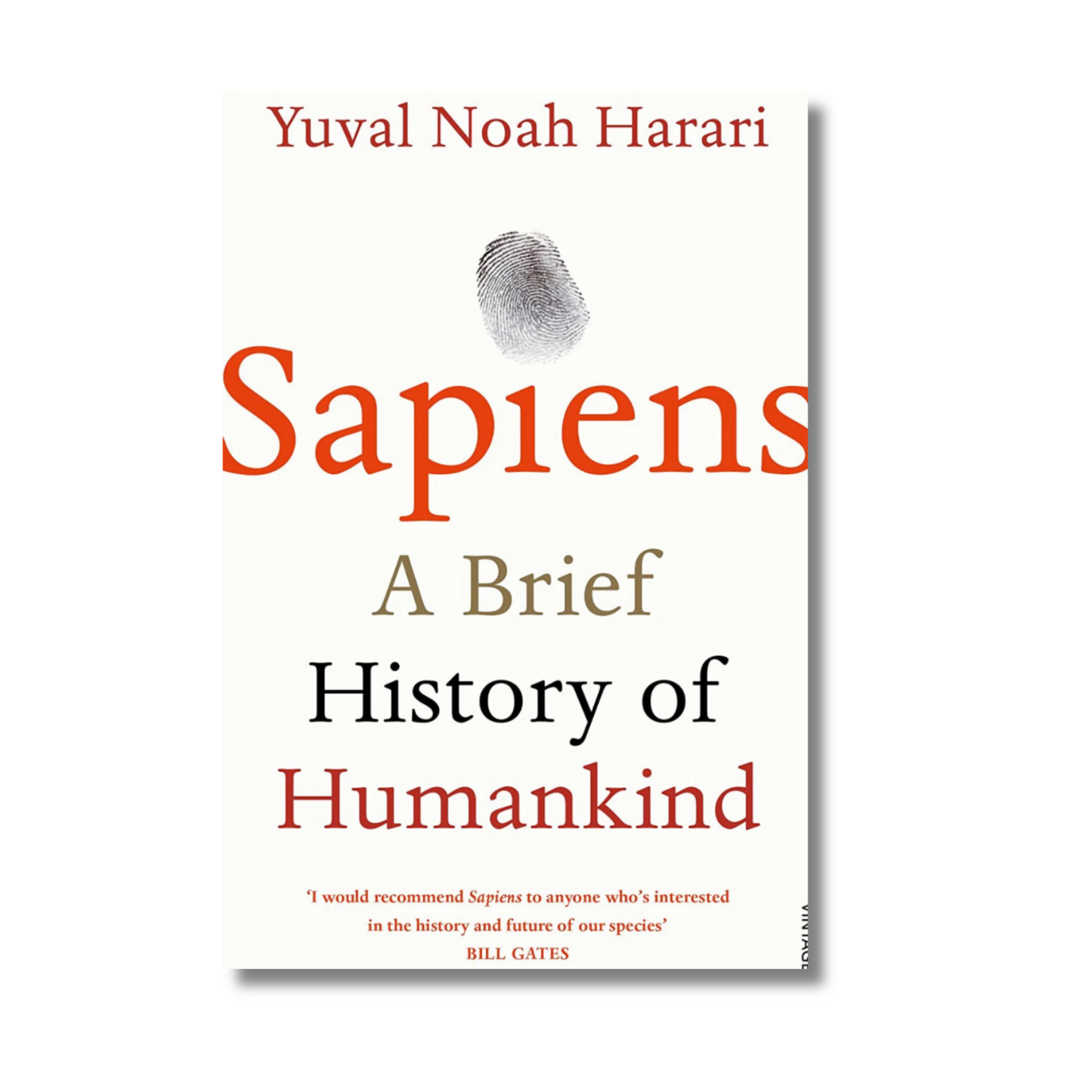
Sapiens: A Brief History of Humankind is a non-fiction book written by Yuval Noah Harari, originally published in Hebrew in 2011 and in English in 2014. The book is a sweeping overview of the history of human beings, from the emergence of Homo sapiens in Africa to the present day.
The book is divided into four parts, each of which covers a different period in human history. The first part covers the Cognitive Revolution, which took place about 70,000 years ago when Homo sapiens evolved the ability to think abstractly and communicate using language. The second part covers the Agricultural Revolution, which began about 12,000 years ago and saw humans begin to settle down and farm. The third part covers the rise of empires and the Industrial Revolution, which brought about significant changes in society, politics, and economics. The final part covers the current era, which Harari calls the Scientific Revolution, in which humans are gaining increasing control over their own biology and the world around them through science and technology.
Throughout the book, Harari explores a wide range of topics, from the evolution of human biology to the development of human culture and civilization. He delves into the ways in which humans have interacted with each other and with the natural world, and he challenges many commonly held beliefs about human history and the nature of humanity.
Sapiens has been widely praised for its engaging writing style and its ability to make complex ideas accessible to a general audience. It has been translated into more than 50 languages and has become a bestseller in many countries around the world. The book has also sparked significant debate and discussion among scholars and the general public about the meaning and implications of human history.
| Publisher | VINTAGE |
| Language | English |
| Paperback | 512 pages |
| ISBN-10 | 0099590085 |
| ISBN-13 | 978-0099590088 |




